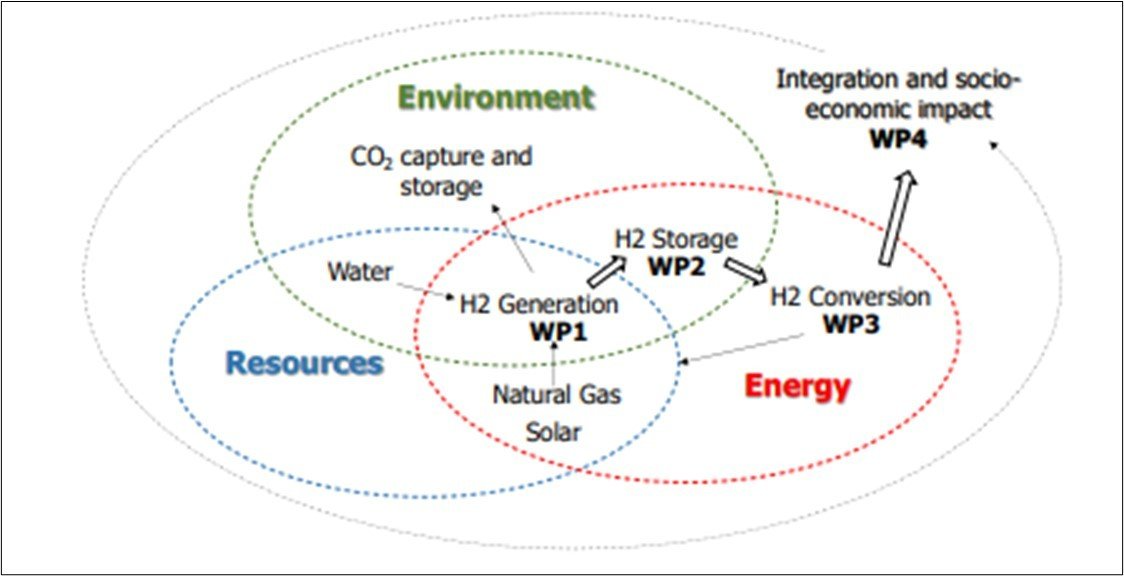
BatiGea Ltd wish to congratulate its research partner, the University of Aberdeen, for securing funding for the joint project on the acceleration of the energy, environment and water nexus in Malaysia. The project is of strategic importance, since it will contribute to develop Malaysia’s hydrogen economy. With the research funds granted, the University of Aberdeen and BatiGea aim to develop one pilot plant in Malaysia to investigate the use of hydrogen as an energy vector, by installing one electrolyser, one hydrogen storage site and one fuel cells stack in the Shah Alam campus of MARA University of Technology. The research will develop a feasibility study on hydrogen generation from renewable sources and natural gas (including carbon capture and storage) and hydrogen storage. The results from the research will be used to assess the environmental, socio-economic and legal impact of future implementations of the hydrogen economies at a larger scale in Malaysia. Many congratulations to Dr. Alfonso Martinez – Felipe, Dr Prashant Jadhawar, Dr David Haro and Prof. John Paterson for setting the foundation of this research and securing the necessary funds. BatiGea Ltd looks forward to get started on this new exciting venture with the University of Aberdeen.

The collaboration between BatiGea Ltd and the University of Aberdeen is starting to bear its fruits. The dissertation on the MEng on Petroleum Engineering, entitled “Developing an Algorithm for Evaluation of Carbon Dioxide Injectivity in Subsurface Geological Media” was submitted last week. The project was delivered by Ciprian Panaitescu, from the School of Engineering of the University of Aberdeen, under the guidance of Dr Amin Sharifi, from the same institute. BatiGea Ltd supervised the development of an articulated workflow incorporating geochemical and geomechanical aspects of CO2 injection in a depleted North Sea reservoir. The project used different software for the geochemical and geomechanical characterization and it used true geological data from Equinor’s Volve Field released dataset. The novel workflow implemented with the project constitutes a valuable assurance tool for the long-term CO2 injection and storage in porous rocks. The potential for its application to depleted North Sea reservoirs is huge and BatiGea Ltd will support further developments and applications of this integrated workflow. Finally, BatiGea wants to thank academics and students of the University of Aberdeen for keeping on delivering amazing research results during such challenging times.
